We're particular about the words we use. Here's why.
Business leaders and entrepreneurs know the power of intentional and thoughtful communication. In the wealth management industry, terms like “custodian” and “best interest” take on whole new meanings that are immensely dependent on context. Meanwhile, debates continue to swirl on whether products and services are “bought” or “sold.”
These conversations are important. After all, the precise use of language begets trust and respect, especially when properly applied in a client service scenario. In fact, the language used within a firm reveals important subtleties about the beliefs and strategies deployed by an organization.
At TradePMR, our style sensibilities and language awareness mean that we’re sticklers about differentiating between “clients” and “customers.” These two words are just shades apart, but the slight differences produce important consequences for how we relate to individuals outside of our organization and how we serve the businesses that depend on us.
Client or Customer?
“Clients” engage with professionals to receive a service or advice. “Customers,” for their part, are interested in obtaining a product.
We work with clients. When we pick up the phone and answer a call from an advisor, we know that we’re speaking with a client (or a potential client). That’s because advisors turn to us for more than just the platform and technology that we provide; they’re relying on us for answers to their questions, tips for how to grow their businesses, and strategies that will help them succeed.
We strive to provide a platform and a service, and that means treating the individuals working with us as clients.
Advisor-Clients and the Clients They Serve
The implications of these differences between “clients” and “customers” are real for advisors.
When we began serving advisors over 20 years ago, we asked ourselves, “Is the value that we’re providing derived from the relationship we have, or the product we’re providing?” We have, and always will be, in the business of building relationships, not just providing a product.
Advisors would be wise to consider a similar question to the one we asked ourselves years ago. We believe that the amount of energy and commitment advisors spend on building relationships with individuals seeking advice is simply too vast to lump into the category of “customer.”
Advisors work with the same individuals for years. They help investors through difficult stretches and stand as witnesses through births, marriages, the first days of class, and the thrill of achieving a major financial goal. Using the term “client” elevates the importance of this relationship while hinting at the longevity and depth advisors aspire to have with the people and families they serve.
A Shift in Mindset
Words matter. They change the way we think and act. For example, writing direction – whether written language flows from left to right, or right to left – influences the way we indicate the passage of time.1
Or as Mark Twain once put it, “The difference between the almost right word and the right word is really a large matter. ’Tis the difference between the lightning bug and the lightning.”
It stands to reason, therefore, that a subtle change in the language used to describe the individuals working with advisors can have major impacts on the way in which those individuals are valued, treated, and served.
At TradePMR, we work with clients. It’s a term that captures the service we provide and the longevity of the relationships we support.
It’s all part of our commitment to service, support, and transparency. To learn more about our custodial services, technology, and what it means to be a client at TradePMR, schedule a conversation with us today.
About TradePMR
For more than two decades, TradePMR has worked with growth-minded independent registered investment advisors (RIAs), providing innovative technology tools and support designed to transform their businesses. The privately-held brokerage and custodian services provider (Member FINRA/SIPC), based in Gainesville, Fla., works to streamline fee-only investment advisors' operations through comprehensive custodial, operational, and trading support. For more information, visit www.TradePMR.com.
Follow TradePMR on X, Facebook, and LinkedIn for the latest news, updates, and event information.
1 ”How Languages Shape Thought,” Lera Boroditsky, Scientific American, February 1, 2011




